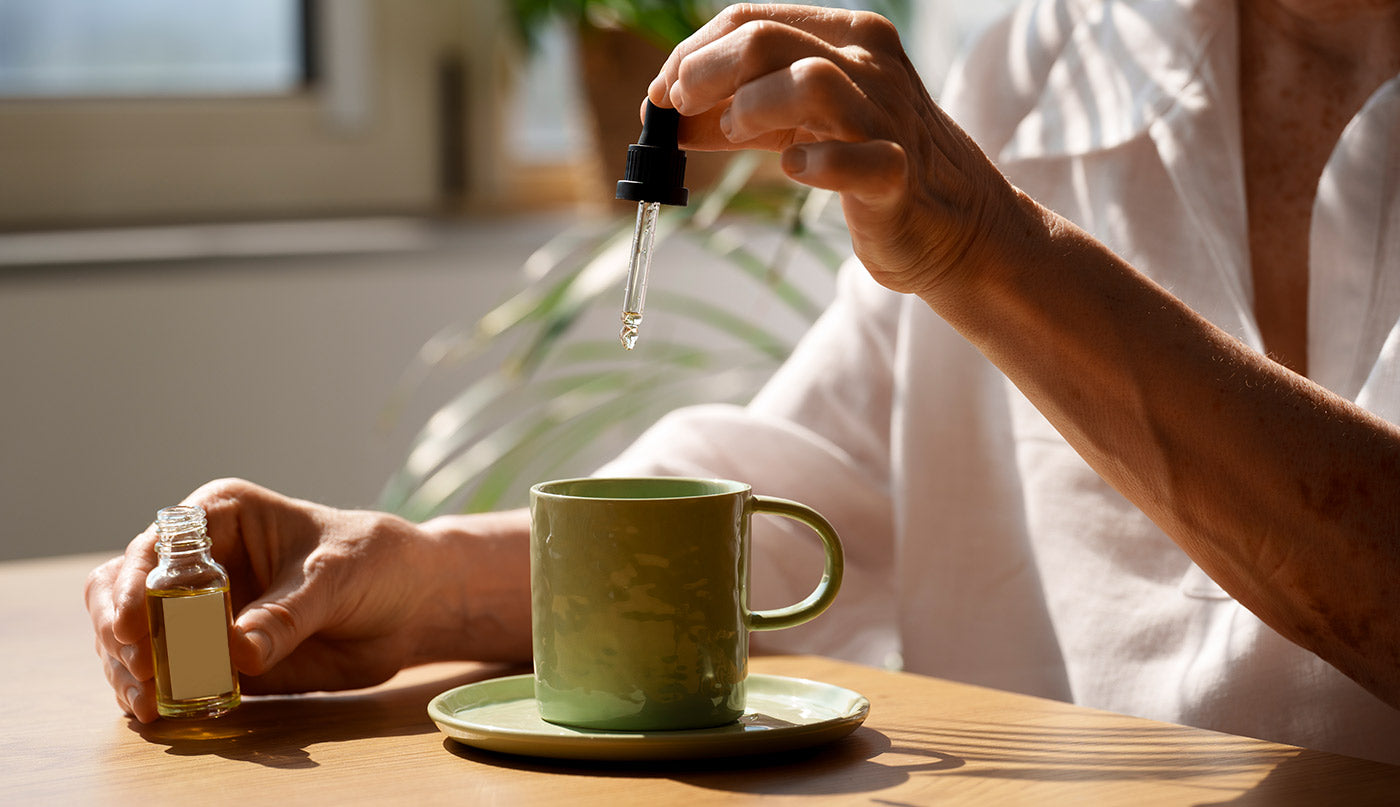
Alternative Medicine Laws & History in Australia
Medicinal cannabis was prohibited for most of the 20th century in Australia. But attitudes have shifted dramatically in the past decade due to increasing evidence of its therapeutic value and growing public support for alternative treatments.
Timeline of Key Changes
-
2016 – National Legalisation:
The Narcotic Drugs Amendment Act 2016 was passed by the Australian Government, legalising the cultivation, production, and distribution of medicinal cannabis products under strict regulations. -
2017 – First Patient Approvals:
The Therapeutic Goods Administration (TGA) began approving individual patient applications via the Special Access Scheme (SAS B) and Authorised Prescriber Scheme. -
2018–2024 – Rapid Growth:
Thousands of Australians gained legal access, and the industry exploded. Over 500,000 prescriptions have been issued across Australia as of 2024.
How Medicinal Cannabis Works Legally in Australia
While cannabis remains illegal for recreational use, medicinal cannabis is legal at the federal level for patients with a valid prescription.
Access is regulated by:
-
The Therapeutic Goods Administration (TGA) – Oversees product approvals and prescriber pathways.
-
The Office of Drug Control (ODC) – Regulates cultivation and manufacturing.
-
State and territory health departments – Apply additional requirements for prescribing and dispensing.
🏥 Access Pathways for Patients
Patients can access medical cannabis in Australia via:
-
Special Access Scheme (SAS B):
A treating doctor applies for TGA approval for individual patients. -
Authorised Prescriber Scheme (AP):
A doctor can prescribe to specific groups of patients without individual approval, after becoming authorised by the TGA. -
Clinical Trials:
Less common but an option in some research programs.
🗺️ State-by-State Rules for Medicinal Cannabis in Australia

While national approval is required, each state and territory has its own rules regarding cannabis prescribing, approvals, and dispensing.
Queensland (QLD)
Queensland has one of the most streamlined processes in Australia. As of 2020, no additional state approval is required for medical cannabis prescriptions, except in the case of drug-dependent persons.
Prescriber Requirements:
-
Any registered medical practitioner can apply via the TGA’s Special Access Scheme (SAS B) or become an Authorised Prescriber (AP).
-
If prescribing Schedule 8 cannabis products (typically THC-dominant), they must notify Queensland Health only if the patient is drug-dependent.
Dispensing and Products:
-
Prescriptions are filled by registered pharmacies or delivered through approved online platforms.
-
Common forms include oils, capsules, and vaporisable flower.
Notable Feature:
QLD allows telehealth prescribing, making it ideal for regional and rural patients.
New South Wales (NSW)
NSW patients can access medicinal cannabis with TGA approval only. State-level approvals are generally not required unless prescribing to drug-dependent individuals.
Prescriber Requirements:
-
All GPs and specialists can apply via the SAS B pathway.
-
NSW Health approval is only required for Schedule 8 substances if the patient has a history of substance abuse or dependency.
Dispensing and Products:
-
Dispensed through community pharmacies with increasing availability.
-
Range of products includes CBD oils, dried flower, and oral sprays.
Notable Feature:
NSW is known for its progressive stance and strong specialist network, especially in urban areas like Sydney.
Victoria (VIC)
Victoria was the first state to legalise medicinal cannabis in 2016 and now operates under national guidelines without state interference.
Prescriber Requirements:
-
Doctors must obtain TGA approval (SAS B or AP), but no state approvals are needed.
-
Specialists and GPs can both prescribe.
Dispensing and Products:
-
Broad product selection available through community pharmacies or cannabis-specific dispensaries.
-
Popular formats: balanced oils, high-CBD tinctures, and dried flower.
Notable Feature:
Victoria has strong government support for research and innovation, including state-funded cannabis trials.
South Australia (SA)
SA follows national access rules with minimal additional state oversight, except for cases involving drug-dependent individuals.
Prescriber Requirements:
-
TGA approval via SAS B or AP required.
-
Department for Health and Wellbeing must approve Schedule 8 substances for drug-dependent patients.
Dispensing and Products:
-
Available from SA-registered pharmacies.
-
THC and CBD formulations both allowed.
Notable Feature:
The state has a relatively low bureaucratic barrier, encouraging wider GP participation in prescribing.
Western Australia (WA)
WA has some of the strictest rules in the country. All Schedule 8 cannabis prescriptions require approval from the WA Department of Health, regardless of patient history.
Prescriber Requirements:
-
Doctors must apply for both TGA approval and WA Health Schedule 8 Authorisation.
-
Only GPs and specialists with this authorisation can prescribe THC-containing products.
Dispensing and Products:
-
Limited number of pharmacies stock cannabis, but telehealth + delivery models are emerging.
-
Emphasis on TGA-approved products or verified imported alternatives.
Notable Feature:
WA’s two-tier approval system can cause longer wait times, but experienced clinics like Herbly streamline the process.
Tasmania (TAS)
Historically, Tasmania had one of the most restrictive frameworks, but reforms in 2021 have aligned it more closely with other states.
Prescriber Requirements:
-
GPs can now apply via the SAS B scheme directly—no longer limited to the Controlled Access Scheme (CAS).
-
Authorised Prescribers also permitted with TGA approval.
Dispensing and Products:
-
Available through a growing list of community pharmacies.
-
Focus remains on oils and capsules, though flower is becoming more available.
Notable Feature:
Tasmania is actively trying to increase patient access and reduce stigma, though infrastructure is still catching up.
Australian Capital Territory (ACT)
The ACT has embraced national access guidelines, with no separate approvals required for cannabis prescriptions.
Prescriber Requirements:
-
GPs and specialists can prescribe via SAS B or as Authorised Prescribers.
-
State approval is not necessary, even for Schedule 8 medications.
Dispensing and Products:
-
Full access to all TGA-approved formats.
-
Legal for pharmacy dispensing and home delivery.
Notable Feature:
Recreational cannabis use is decriminalised in small amounts—however, this does not affect medical prescribing, which follows federal laws.
Northern Territory (NT)
The NT follows federal TGA rules, with no additional approvals required, though access may be limited by availability of prescribers and pharmacies.
Prescriber Requirements:
-
Any medical practitioner may apply through SAS B or become an AP.
-
No NT Health approval is needed, even for Schedule 8 substances.
Dispensing and Products:
-
Products typically delivered via mail due to limited pharmacy options in remote regions.
-
Common formats include CBD oil and balanced tinctures.
Notable Feature:
The NT supports telehealth models, making it ideal for patients in remote or Indigenous communities.
✅ National Summary Table
| State/Territory | GPs Can Prescribe? | Telehealth Allowed? |
|---|---|---|
| QLD | ✅ Yes | ✅ Yes |
| NSW | ✅ Yes | ✅ Yes |
| VIC | ✅ Yes | ✅ Yes |
| SA | ✅ Yes | ✅ Yes |
| WA | ✅ Yes | ✅ Yes |
| TAS | ✅ Yes | ✅ Yes |
| ACT | ✅ Yes | ✅ Yes |
| NT | ✅ Yes | ✅ Yes |
🚫 Is Recreational Cannabis Legal?
No. Cannabis remains a prohibited substance for recreational use under federal law. The only legal cannabis access in Australia is via prescription for medical purposes.
Even in the ACT, where personal use is decriminalised, it remains illegal under Commonwealth law and cannot be prescribed outside medical use.
📟 What Can Doctors Prescribe?
Doctors can prescribe a range of TGA-approved or unregistered medicinal cannabis products, including:
-
CBD oil
-
THC/CBD balanced tinctures
-
THC-dominant flower (vaporisable only)
-
Capsules, pastilles, and sprays
-
Topicals (for dermatological conditions)
Prescriptions are written based on condition, treatment history, and patient suitability.
💡 Final Thoughts – Navigating Legal Cannabis Access
Australia has entered a transformative chapter in modern healthcare - one where plant-based therapies are no longer taboo, but are instead backed by science, supported by doctors, and made accessible through progressive regulation.
Medicinal cannabis is legal and available across all Australian states and territories, but it’s important to understand that access still comes with structure, regulation, and medical oversight.
Each state has its own nuances, but the federal framework ensures every Australian - regardless of geography - has a clear pathway to safe, legal cannabis treatment when conventional approaches fall short.

